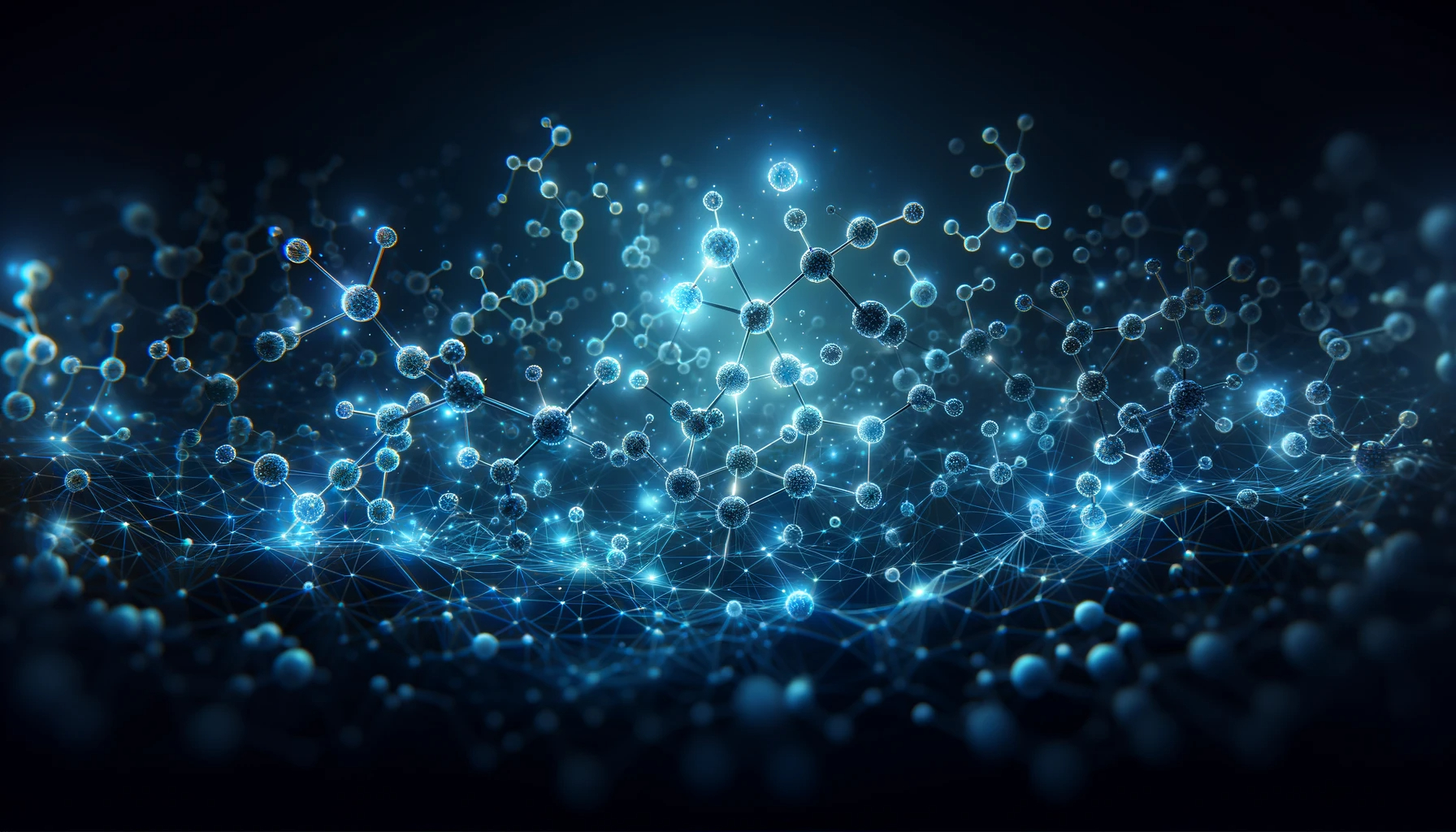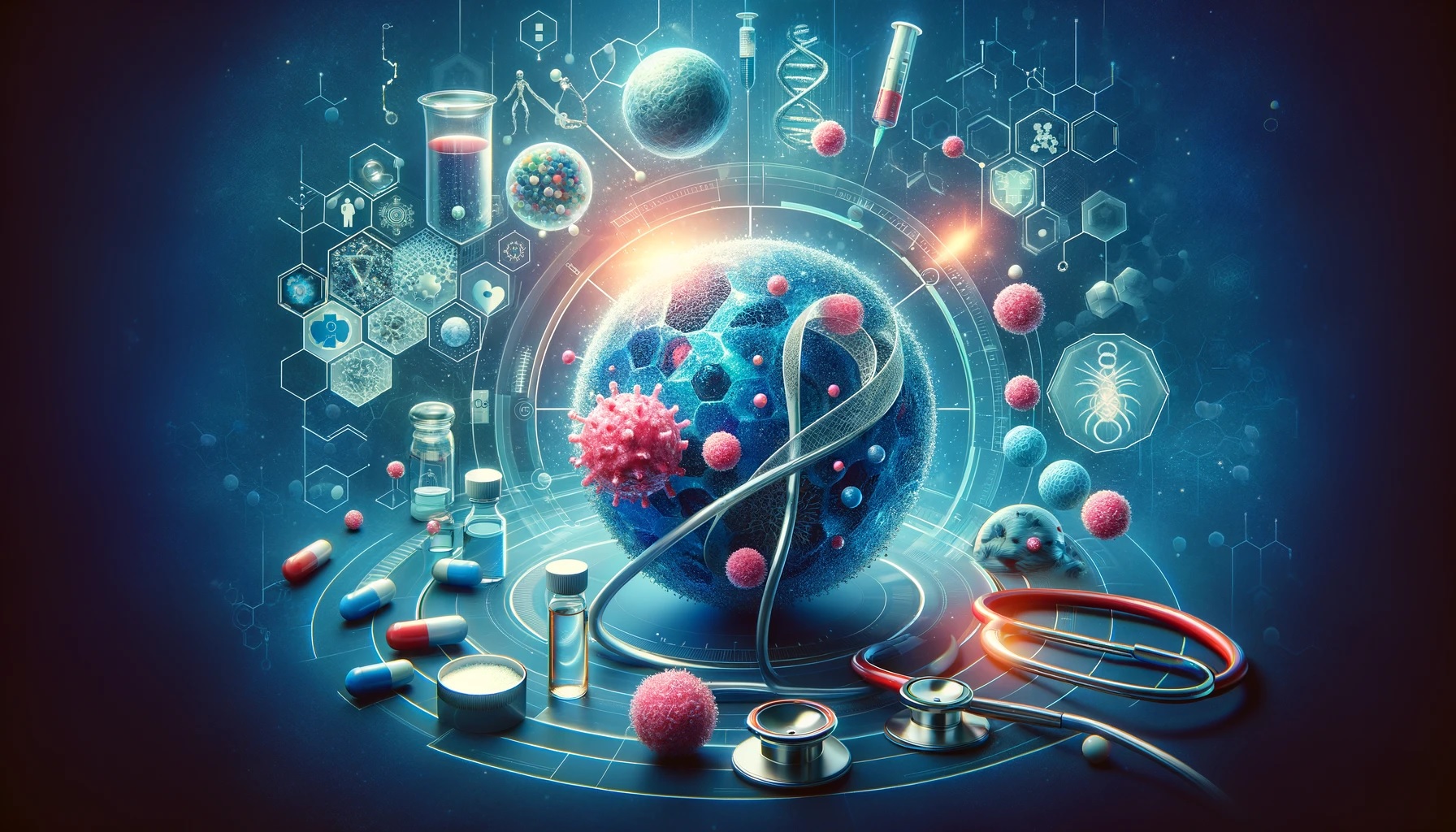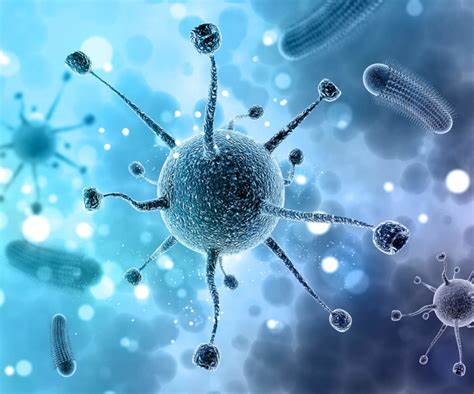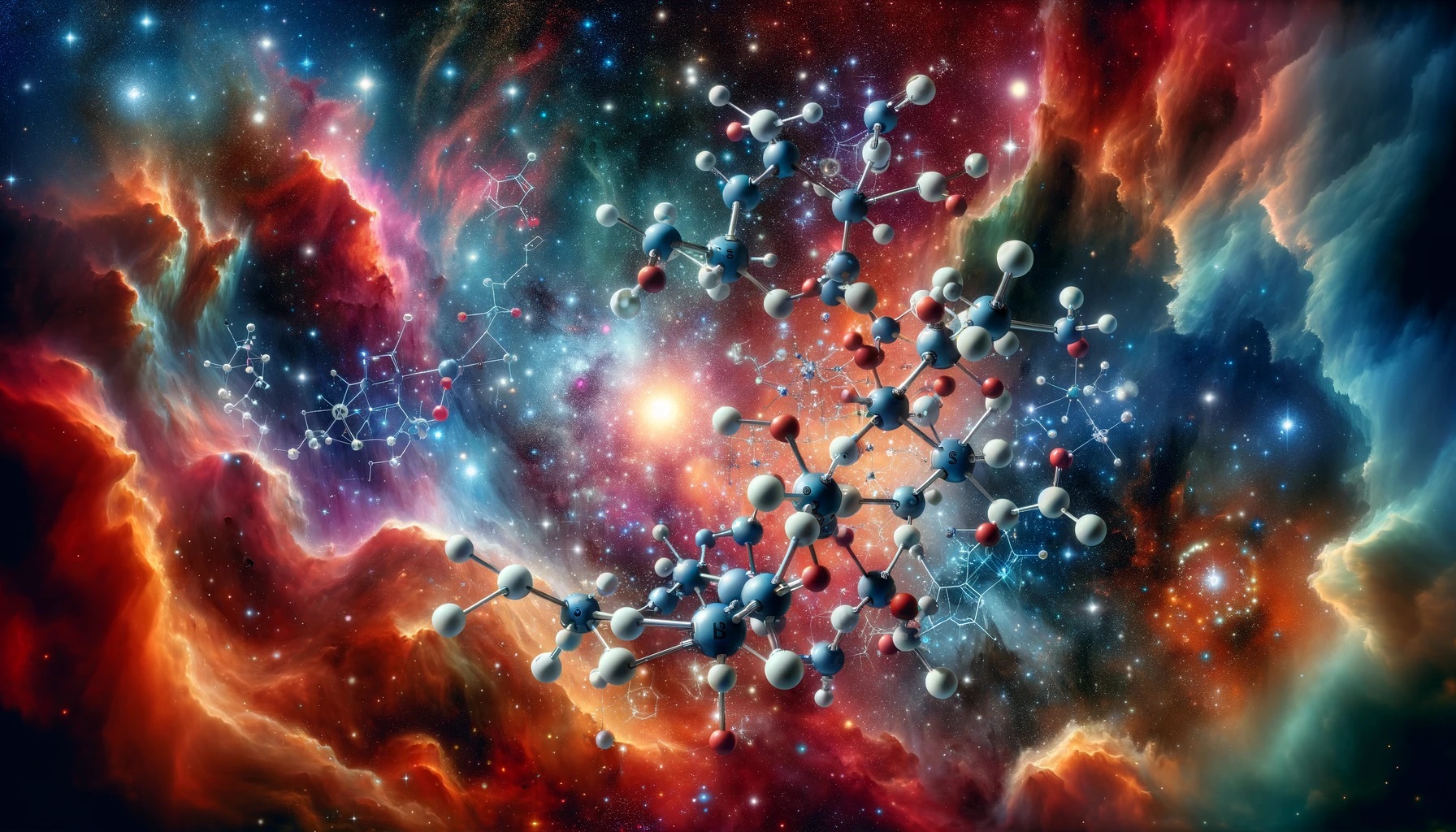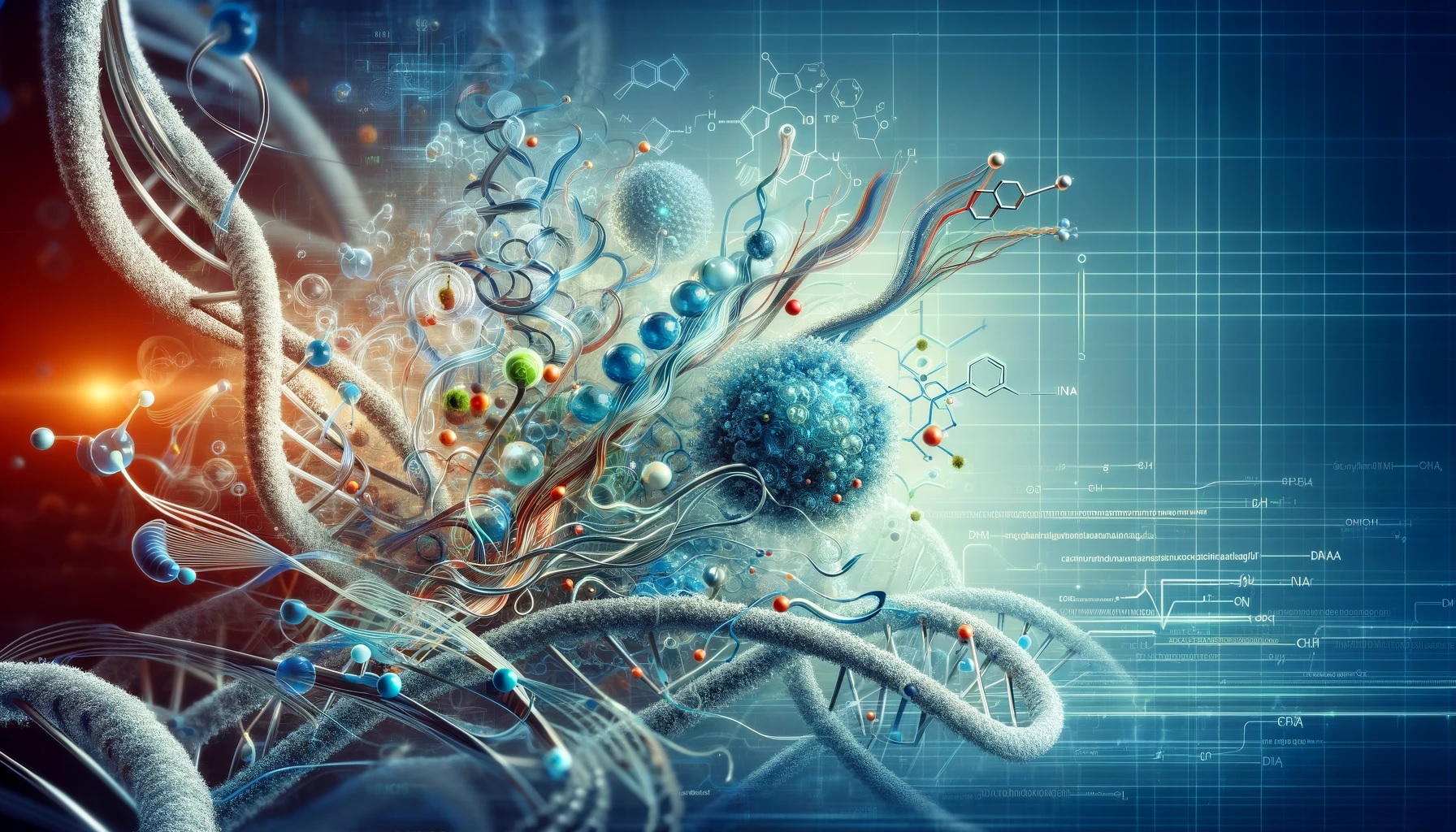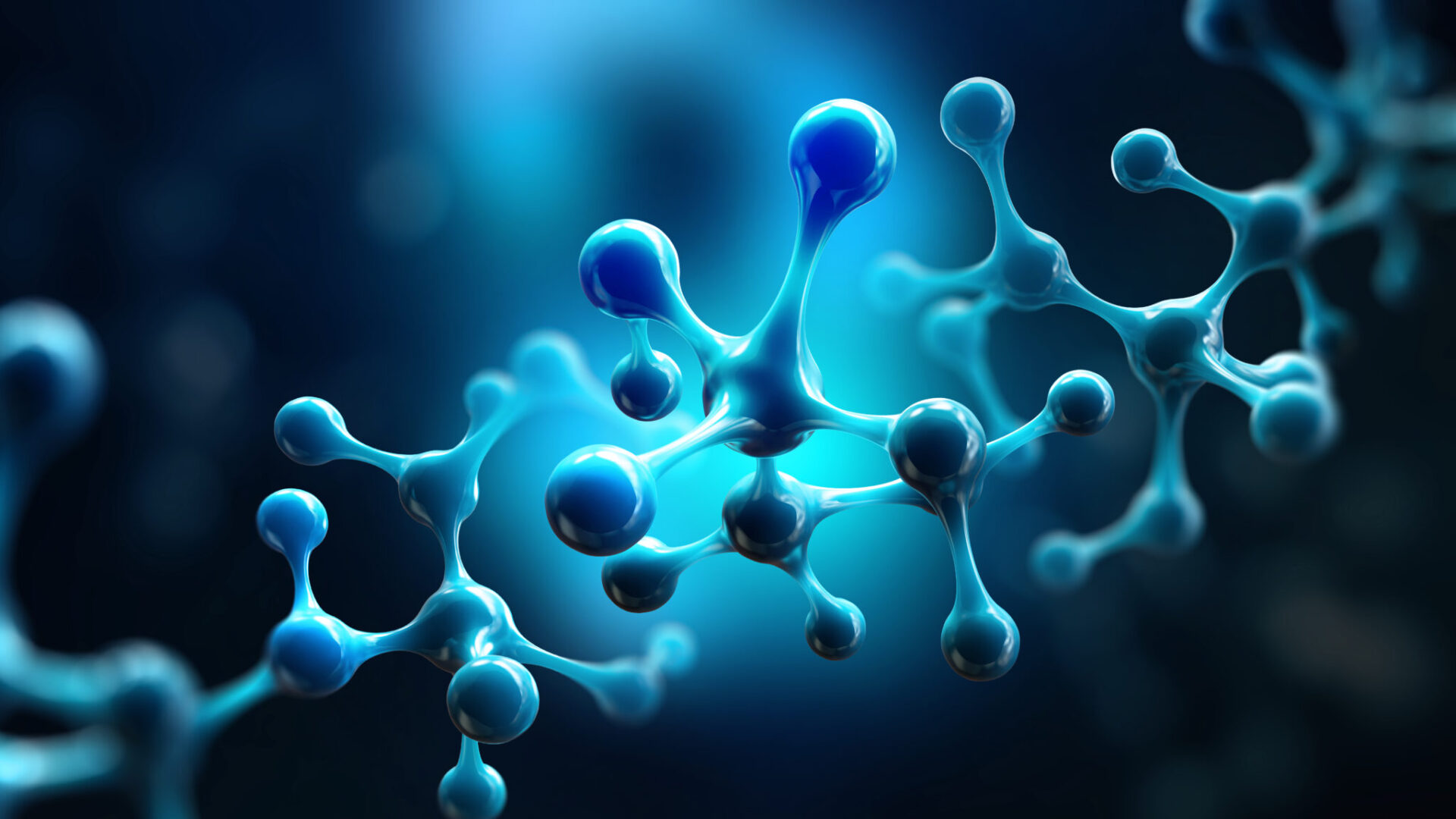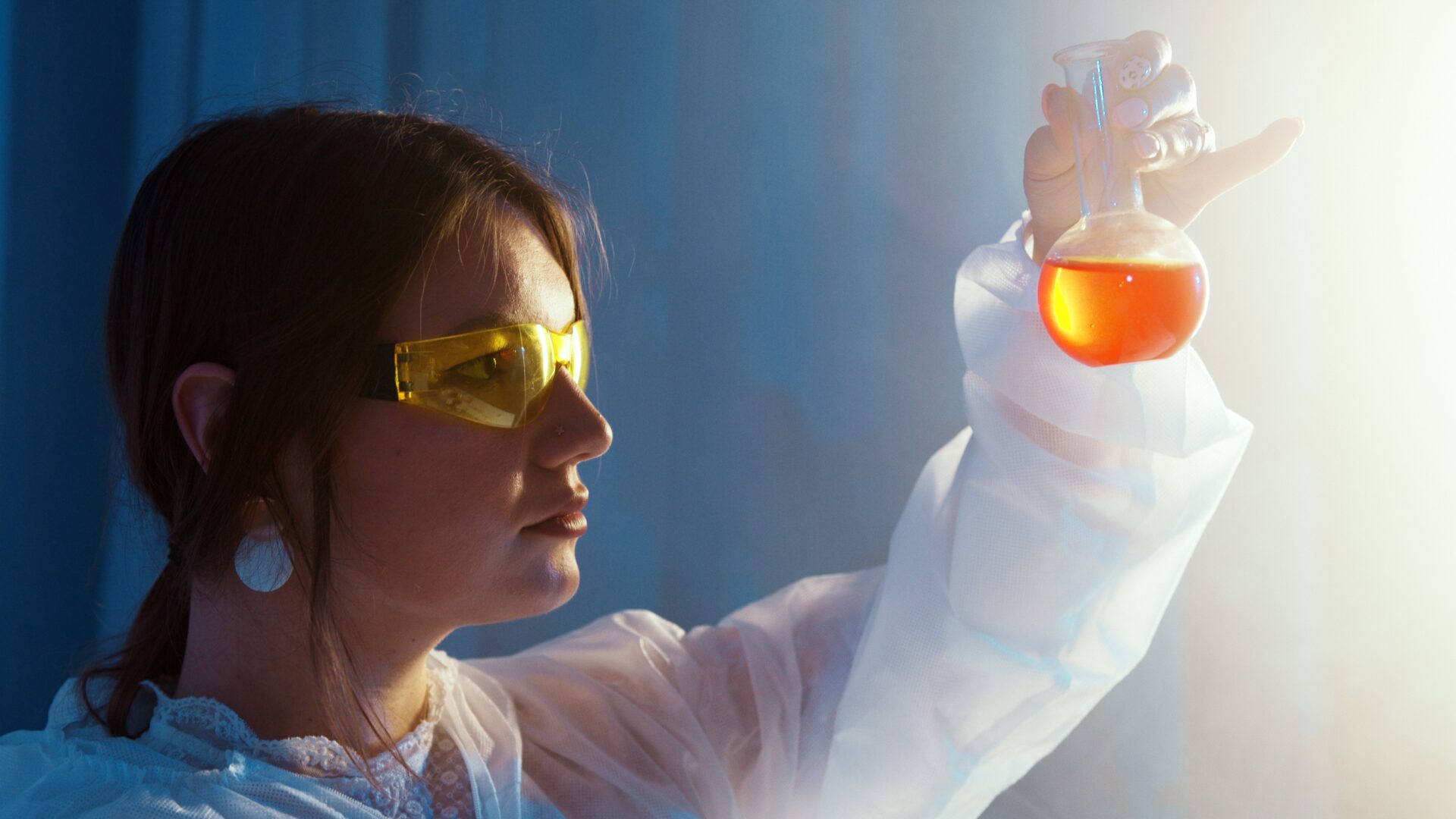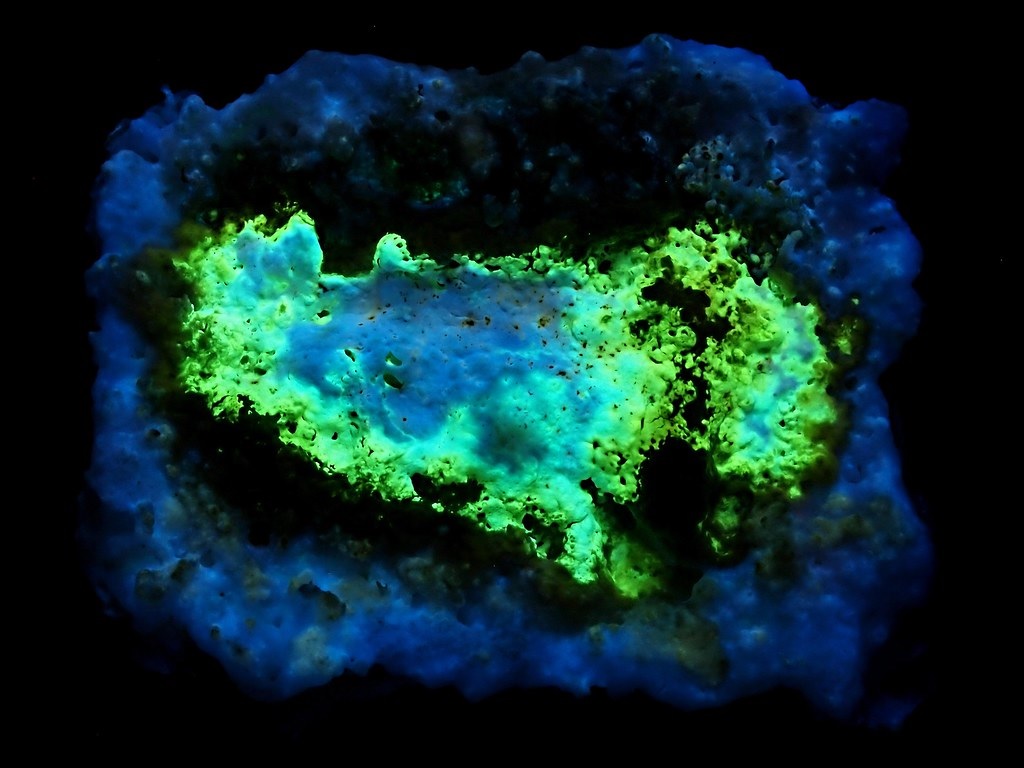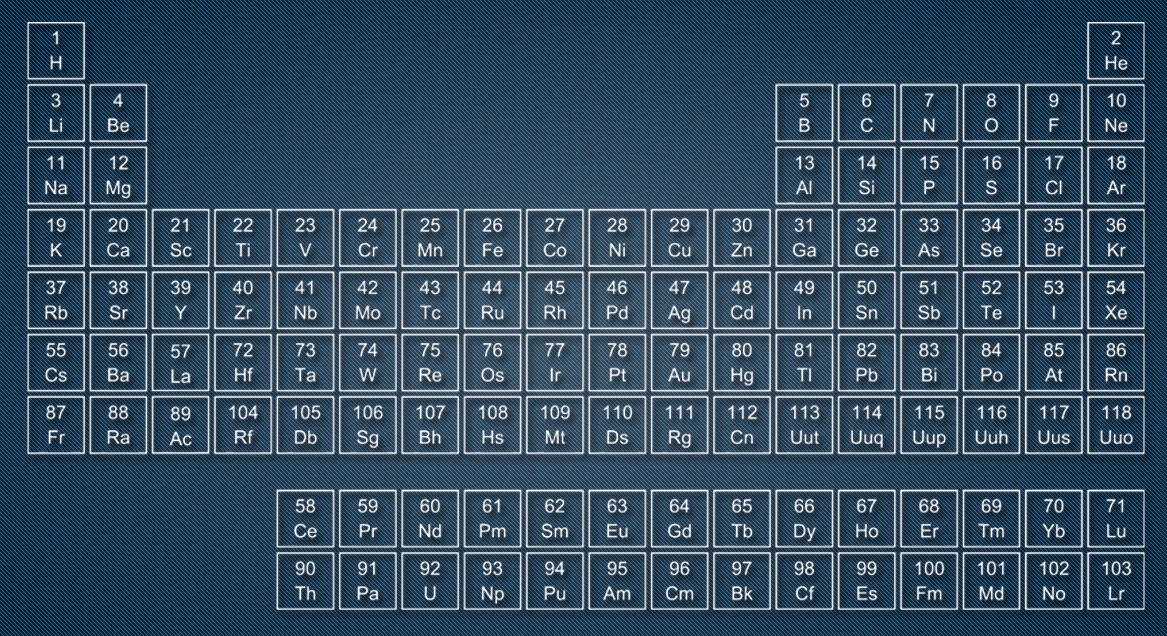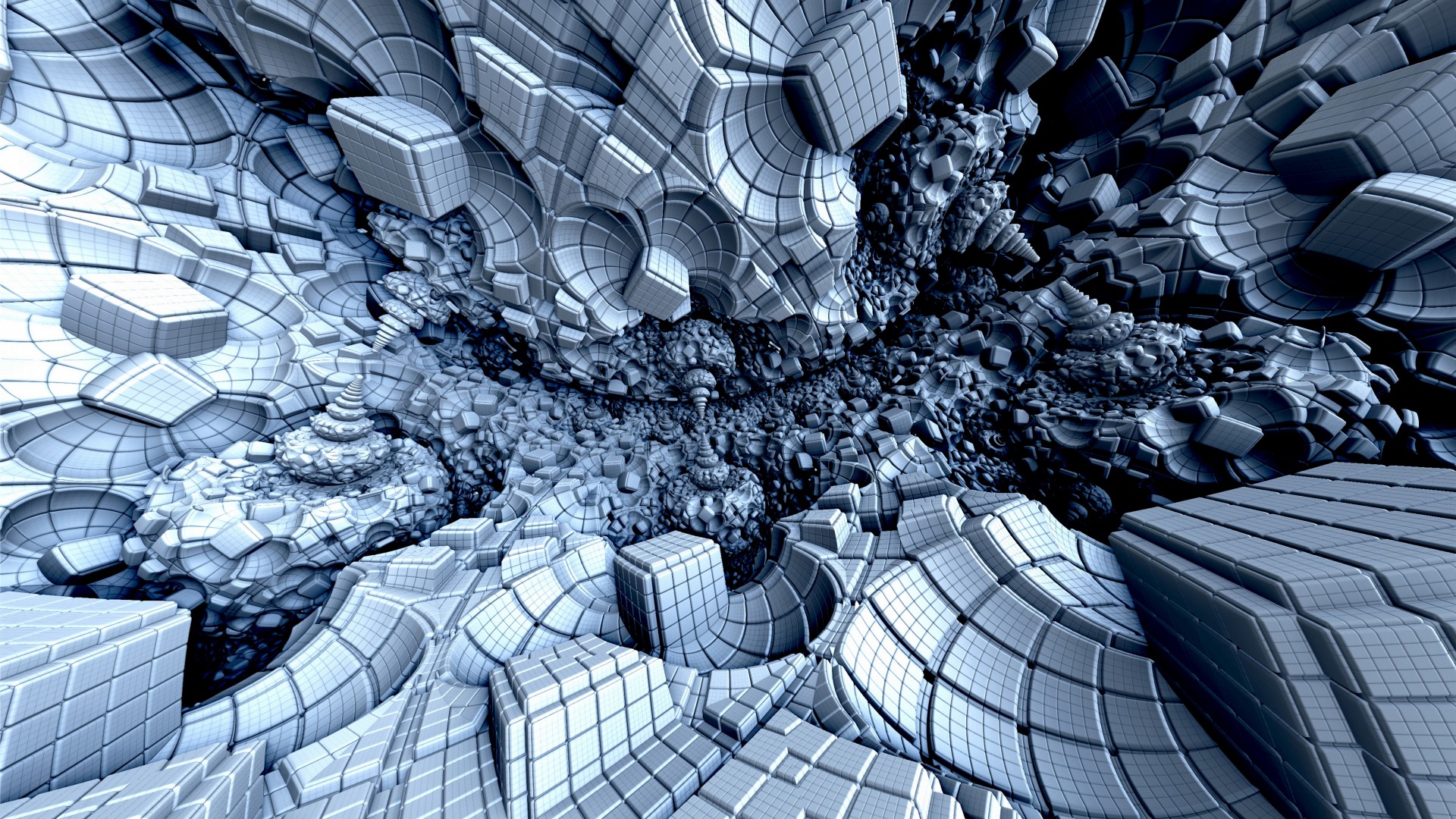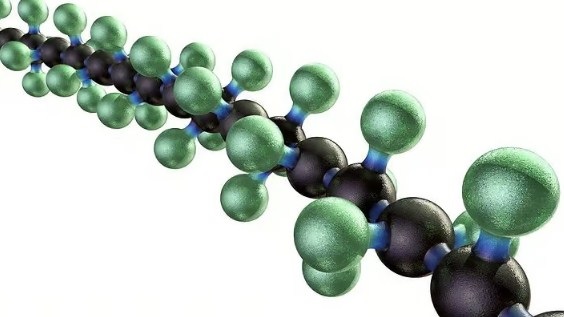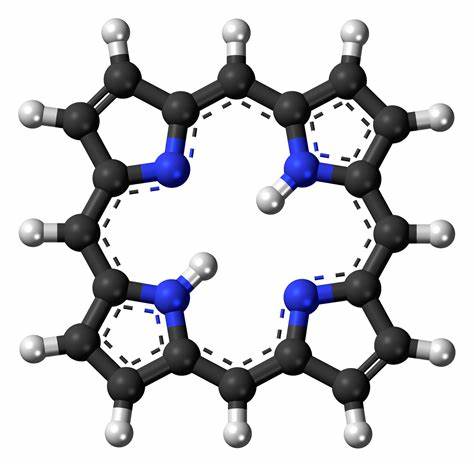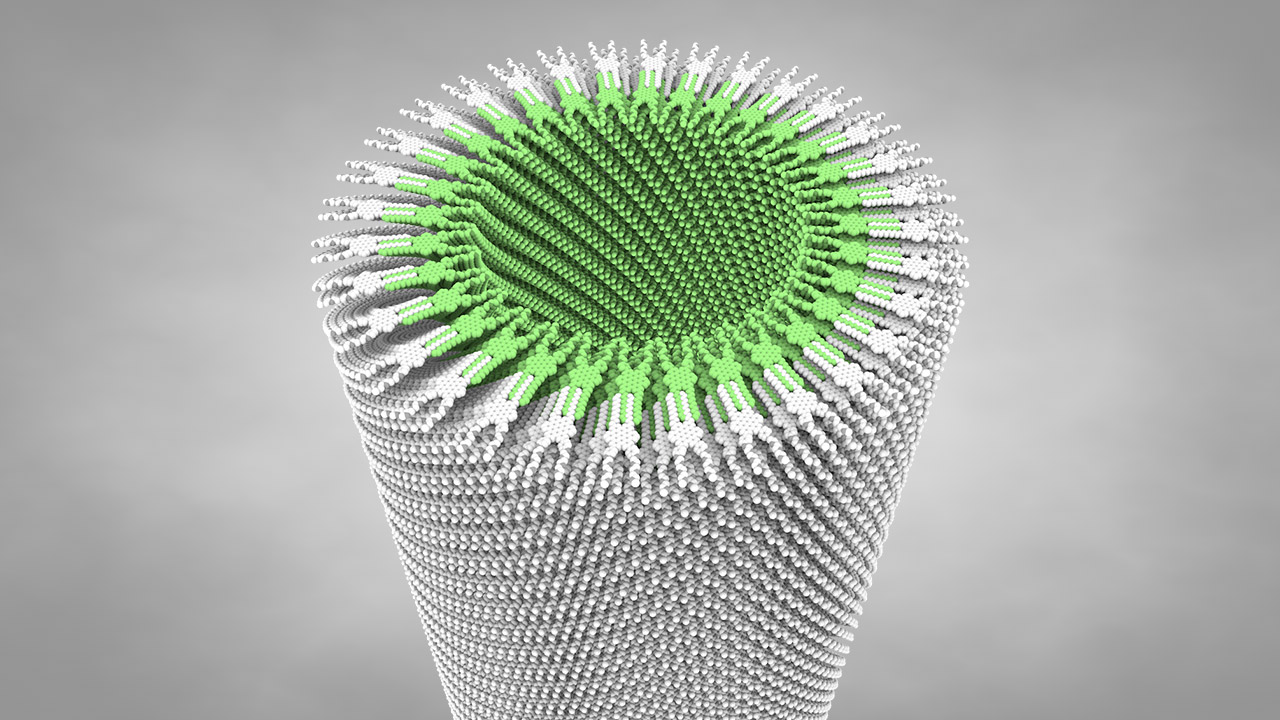Embark on a journey through the vast research landscape of the SISC group at the University of Kent.
Our 16 distinct research avenues represent a spectrum of scientific inquiry, from the detailed world of atomic structures to the grand expanses of astrochemistry and biosciences. We bridge the realms of molecular chemistry and supramolecular science, pushing the boundaries to foster intricate innovations and comprehensive applications. Our holistic and interdisciplinary approach is dedicated to advancing the frontiers of knowledge from the smallest scale to the broadest impacts. Join us as we explore these dynamic and transformative fields, contributing to the mosaic of scientific discovery.
As part of our commitment to global collaboration, we invite you to learn more about our international partnerships and contributions through SISC Global.
